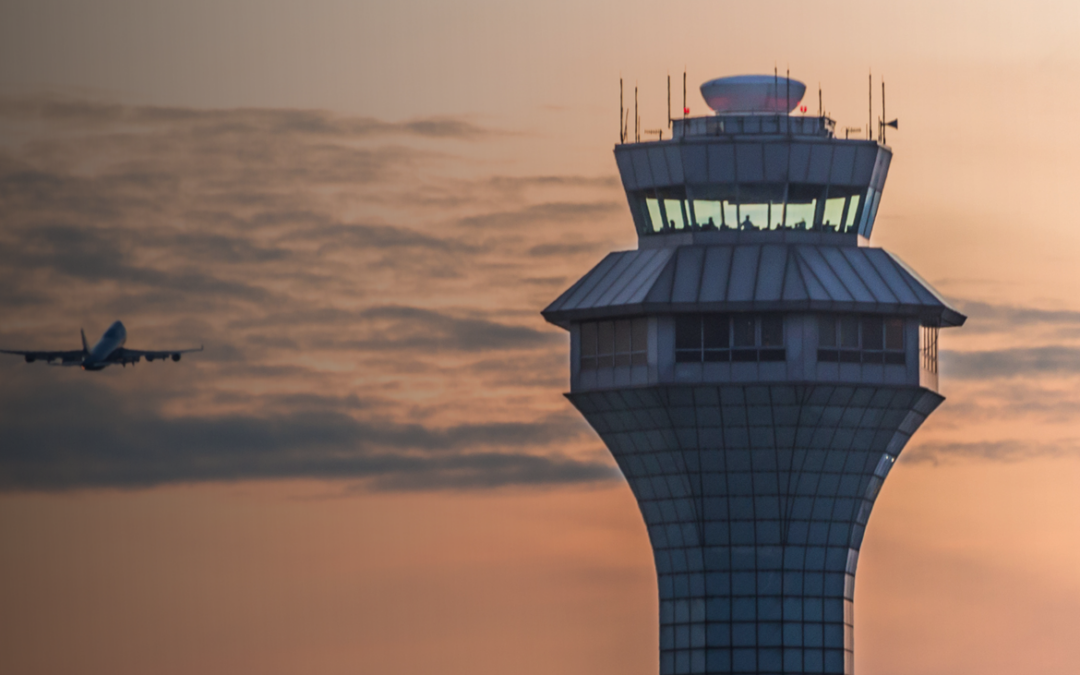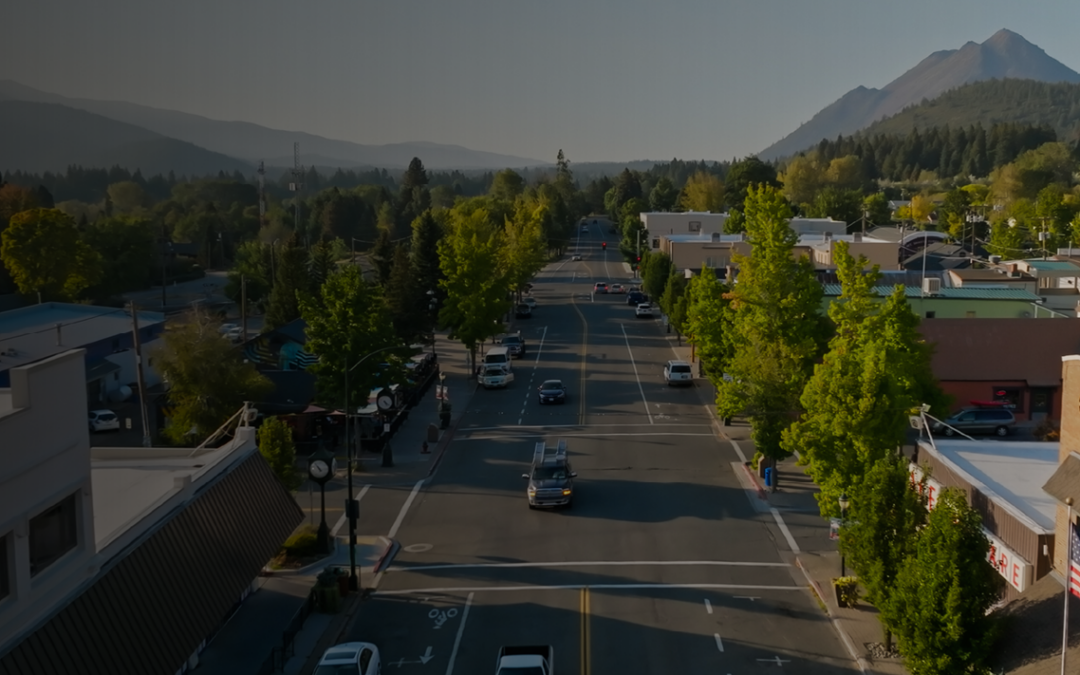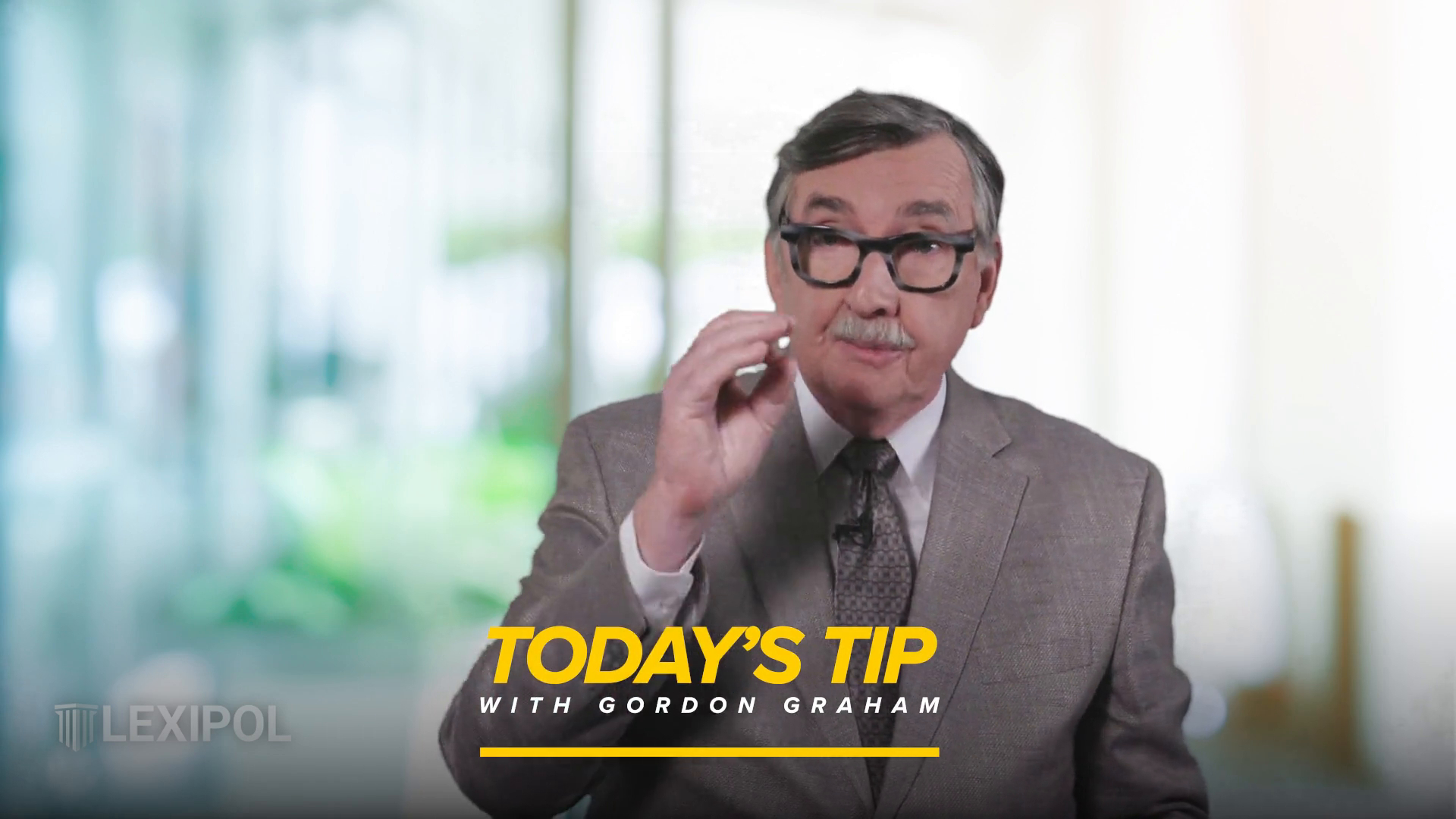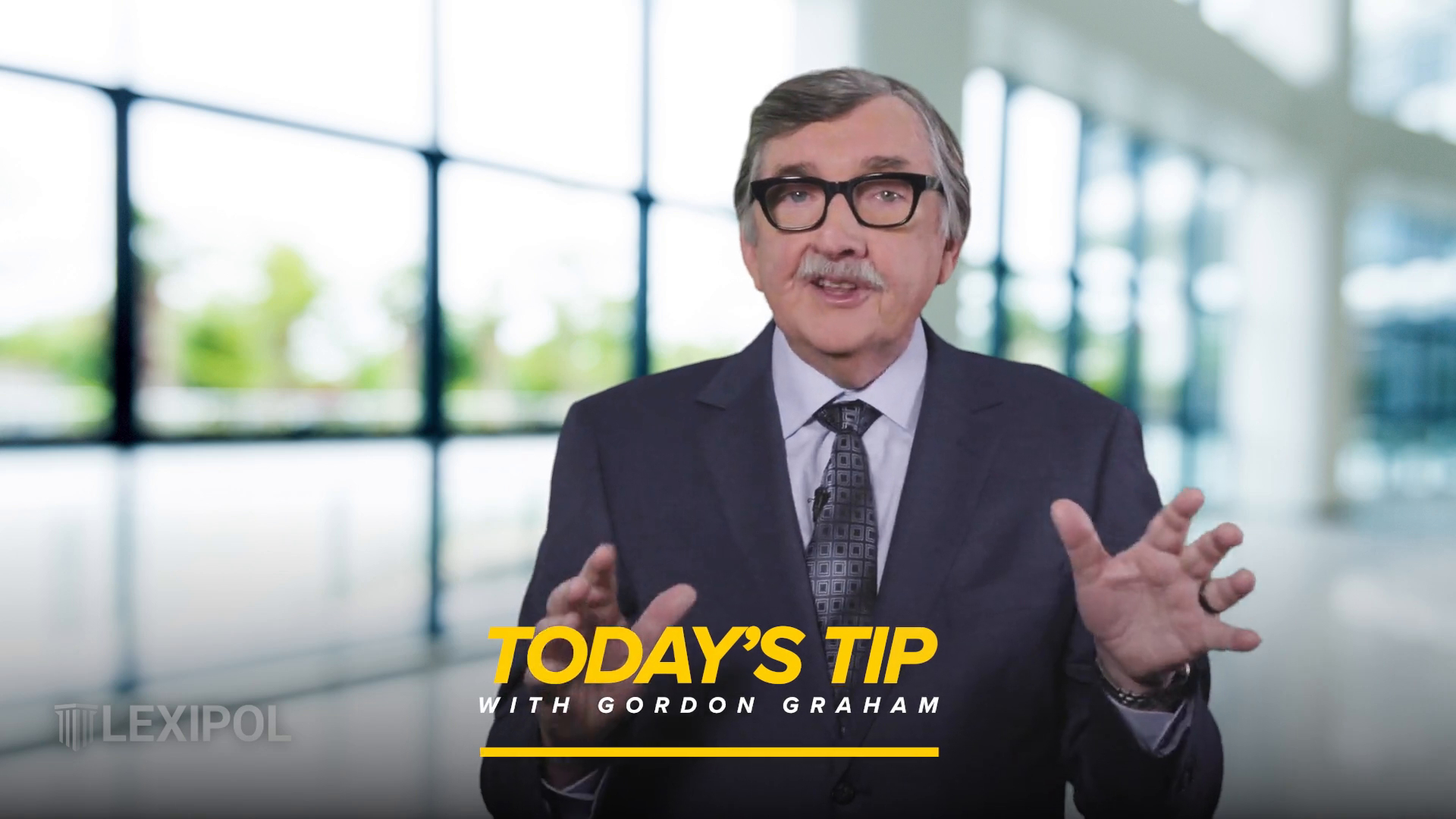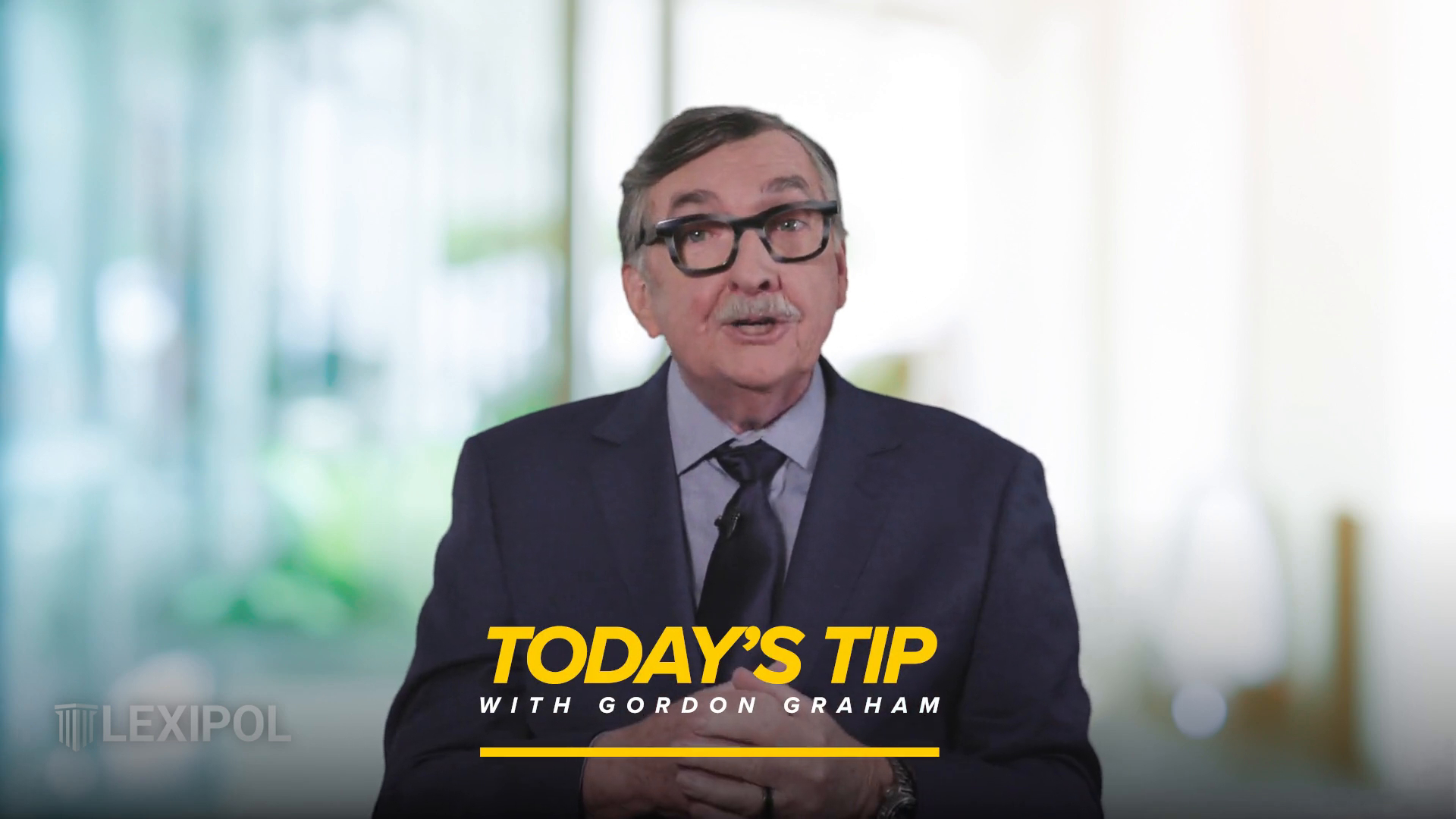State Gun Laws: LEOSA Across State Lines
Category: Law Enforcement
Gordon Graham here with Today’s Tip from Lexipol.
Today, I’d like to discuss the Law Enforcement Officers Safety Act or LEOSA. Let’s talk about how it might affect you when you are armed and traveling throughout the United States.
If you intend to travel with a concealed firearm outside your home state, it’s important that you do some research about LEOSA.
LEOSA sought to create uniformity and consistency for law enforcement officers who carry firearms throughout the country. Of course, it hasn’t worked out that way. Some states have limits on magazine capacity and other states may not interpret LEOSA exactly the way you think they should. Now I am not giving legal advice here. These things can change constantly. And you need to do your own research.
As an example, let’s say you are a retired officer from somewhere in the continental US and you go on vacation in Hawaii. Can you carry a concealed handgun while you are there enjoying the warm sun, sandy beaches, and tropical breezes? Not so fast. LEOSA might say you can, but I’ve heard that the state of Hawaii doesn’t necessarily agree.
Some influential folks in Hawaii take the position that officers who aren’t on-duty are not considered “law enforcement officers” in that state. So as far as Hawaii is concerned, you’re like any other civilian. You’ll have to comply with Hawaiian registration requirements, pay fees, and observe limitations on magazine capacity. They’re still fighting this out in court.
Speaking of magazine capacity, here’s another example. Let’s say you don’t live in New Jersey, but you’re going there. If your off-duty pistol has a magazine capacity of more than 17 rounds can you carry it in New Jersey? Yes. And no. It’s yes if you are from out of state, off-duty, and the firearm was issued by your agency. But if you’re off-duty and carrying a personally owned firearm with a magazine that exceeds 17 rounds, the answer is no. Are you confused yet?
Also, remember that LEOSA doesn’t permit you to carry a firearm into a business that prohibits it. Examples include a bar, concert venue, or amusement park. LEOSA also doesn’t override the federal law prohibiting concealed firearms near a school.
If you intend to travel with a concealed firearm outside your home state, it’s important that you do some research about LEOSA and the local laws that may apply. Don’t become a pawn in the controversy.
And that’s Today’s Tip from Lexipol. Gordon Graham signing off.

